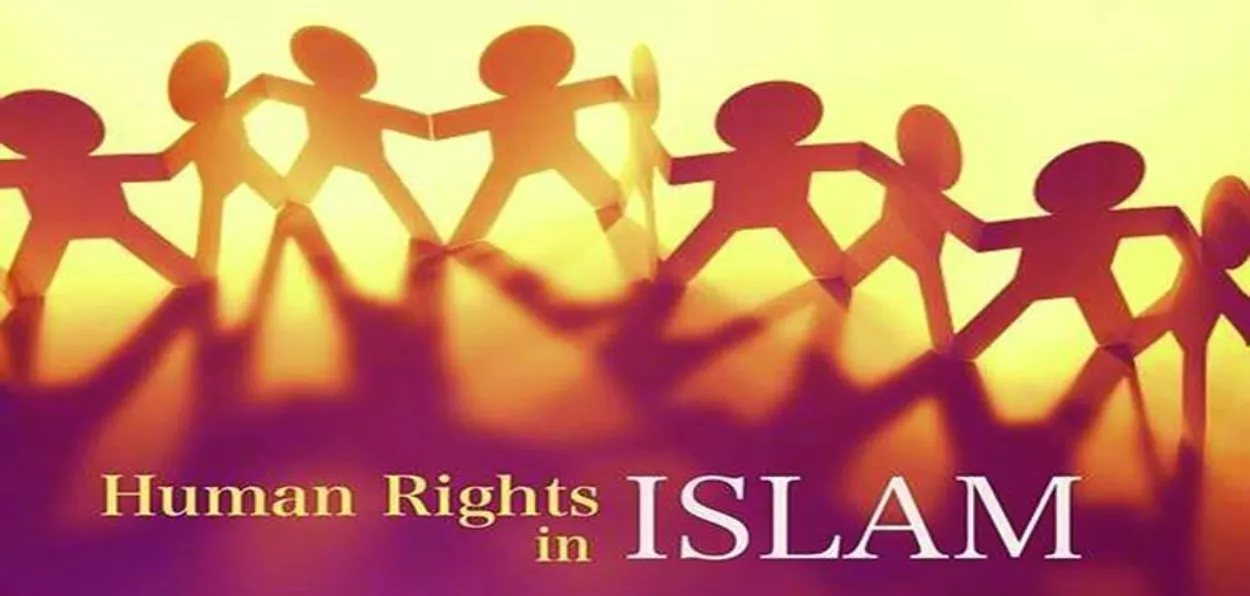
Eman Sakina
Islam is a way of life that upholds human rights, freedoms, and dignity in addition to offering spiritual guidance. Islam encourages a wide range of liberties—balanced with obligations—to maintain justice, peace, and moral harmony in society, despite certain false beliefs.
These liberties are established by the Qur'an and Sunnah in a framework that upholds the rights of the individual and the common good.
Below are some key types of freedoms recognized in Islam:
Freedom of Belief and Worship
Islam affirms the right of every individual to believe - or not believe (Non-Muslims) - without coercion. The Qur’an states: "There is no compulsion in religion; truth stands out clear from error" (Qur’an 2:256).
While Muslims are encouraged to follow Islam as the final revelation, non-Muslims in an Islamic state historically enjoyed the right to practice their faith, maintain their places of worship, and observe their religious laws. This principle ensures that faith remains a sincere, voluntary commitment.
Freedom of Thought and Expression
Islam values reason and critical thinking. The Qur’an frequently invites people to reflect, ponder, and seek knowledge. Freedom of expression is encouraged, provided it does not spread falsehood, incite hatred, or harm the honour and dignity of others. Constructive debate, intellectual discussion, and advice (nasihah) are seen as acts of service to truth and justice.
Freedom from Oppression and Injustice
Justice is central to Islam. The Qur’an commands: "Do not let hatred of a people lead you to injustice. Be just; that is nearer to righteousness" (Qur’an 5:8).
Islam guarantees freedom from any form of tyranny—be it political, economic, or social. Slavery, exploitation, racial discrimination, and unjust treatment are prohibited. Early Islamic history saw the liberation of slaves as an act of piety and virtue, aiming to dismantle systems of human oppression.
Freedom of Personal Security and Privacy
Every individual in Islam has the right to life, honour, and security. Spying, backbiting, and violating someone’s privacy are strictly forbidden. The sanctity of a person’s home and personal affairs is protected, ensuring that individuals can live without fear of intrusion or harassment.
Freedom of Property and Economic Rights
Islam recognizes the right to earn, own, and use property lawfully. The Qur’an forbids theft, fraud, and exploitation, while encouraging fair trade and charity. Economic freedom is balanced by the moral obligation to help the needy through zakat (obligatory charity) and voluntary acts of generosity.
Freedom of Movement
Islamic law upholds the right to travel, settle, and seek livelihood in any permissible manner. People may move freely unless restricted by legal rulings for reasons of justice, safety, or public interest. Historical Muslim empires were known for open trade routes and freedom for scholars and merchants to travel.
Freedom to Seek Justice and a Fair Trial
Islamic governance guarantees that all people—Muslims and non-Muslims—can bring their grievances to court and have them heard impartially. The Prophet Muhammad declared that even he would not be above the law, demonstrating that justice transcends status, wealth, and religion.
Islam views freedom as existing within the bounds of justice, morality, and the common good rather than being unrestricted in the contemporary libertarian sense. This keeps the rights of others from being violated by the freedom of one person. Islam guarantees that freedoms are used sensibly and morally by tying them to accountability to God.
ALSO READ: 10 iconic women whose influence shaped bold Indian womanhood
To uphold human dignity and advance a just society, Islam provides a comprehensive understanding of freedom that encompasses spiritual, social, political, and economic aspects. It forbids both repressive limitations and unchecked freedom that breeds anarchy. Rather, it promotes a healthy atmosphere in which each person can live with respect, safety, and meaning.
